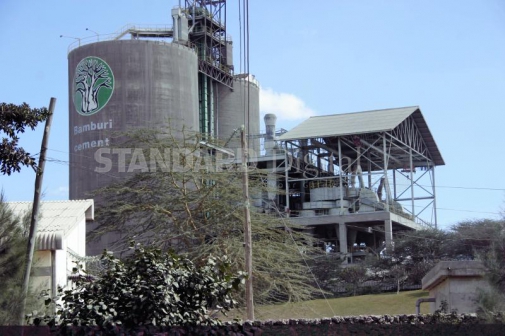×
The Standard e-Paper
Kenya’s Boldest Voice

Kenya’s largest cement manufacturer Bamburi has issued a profit warning as its Kasese plant manager Daniel Pettersson quit.
The cement firm, which is partly owned by the French Lafarge Group, said that 2017 full year earnings will decrease by more than a quarter.







